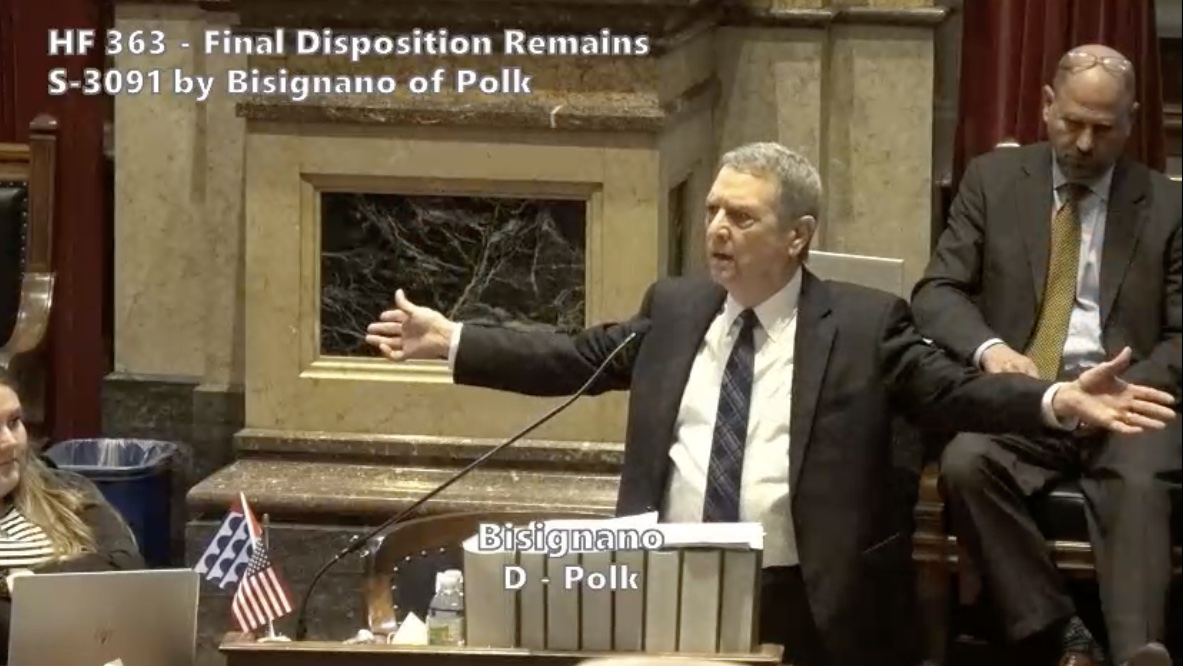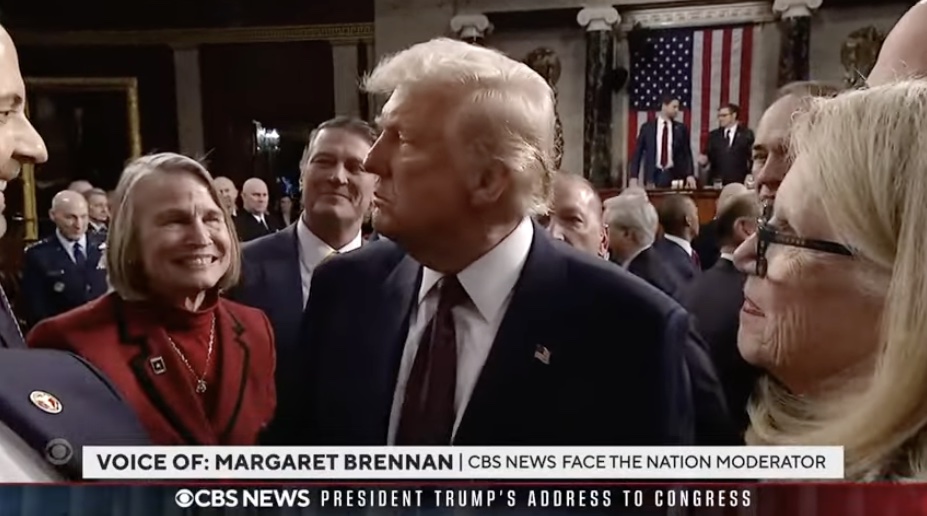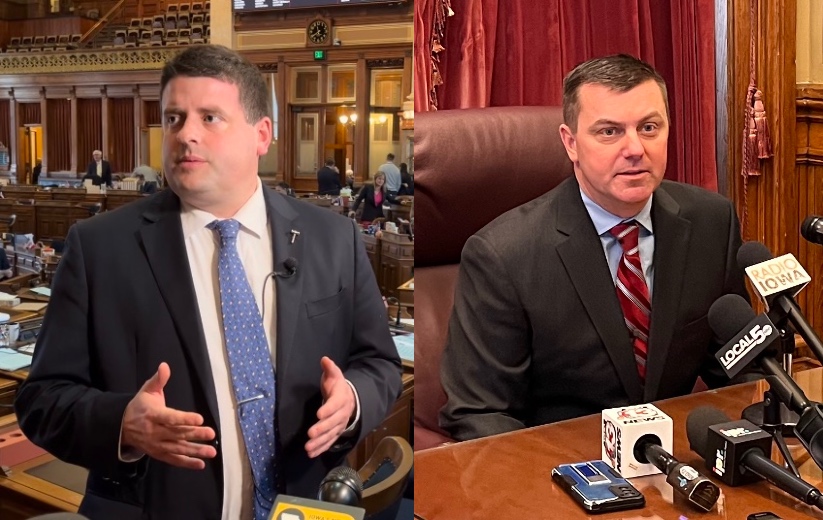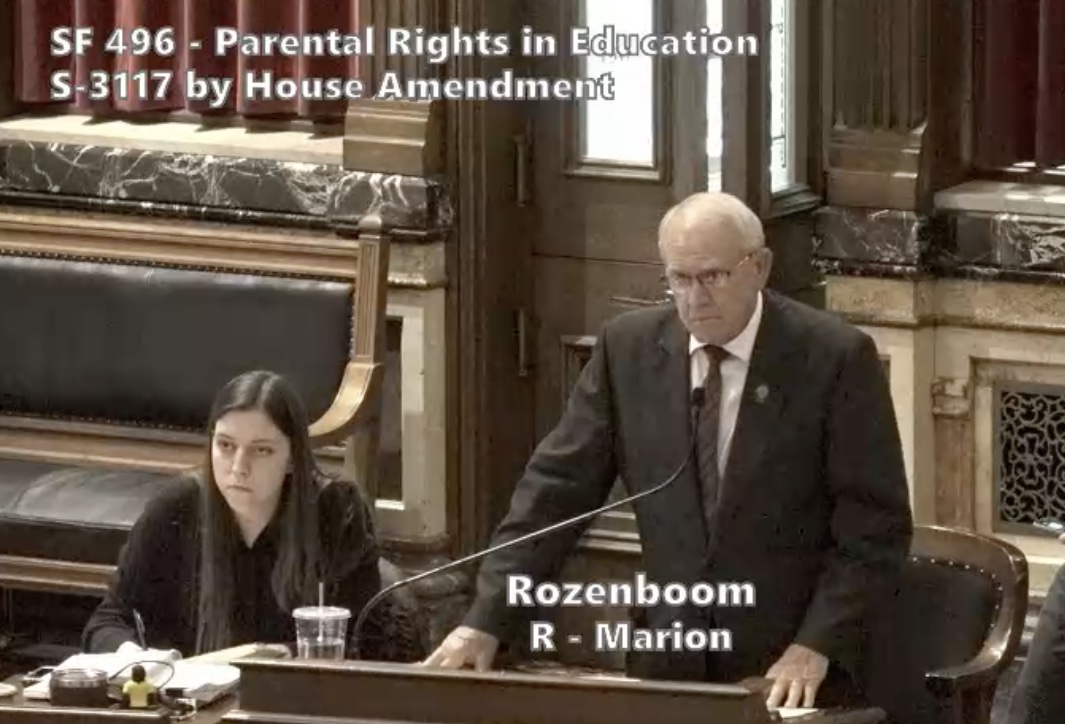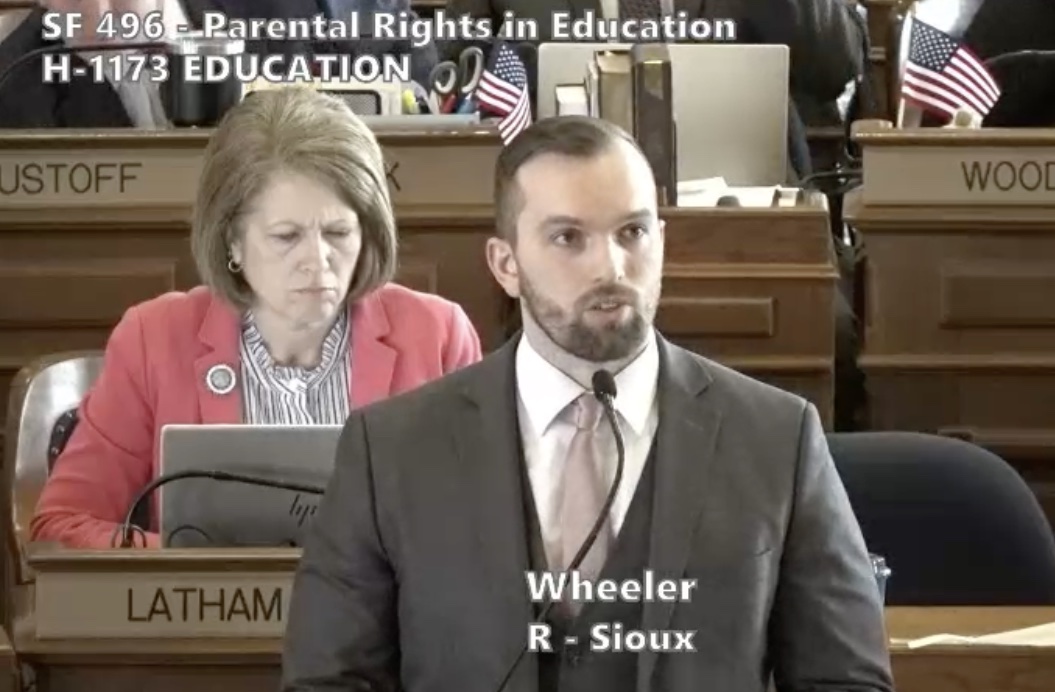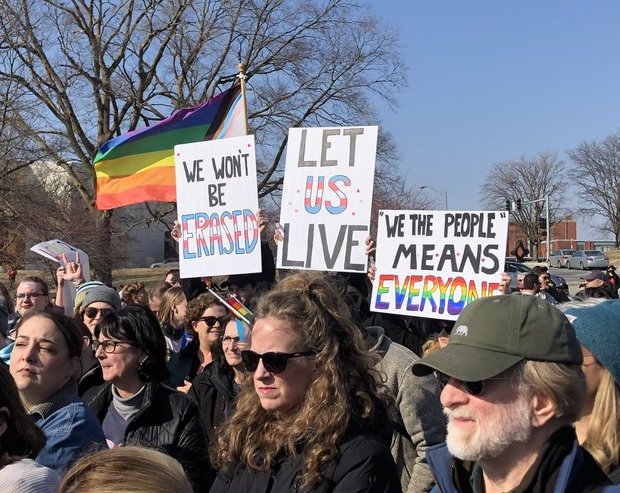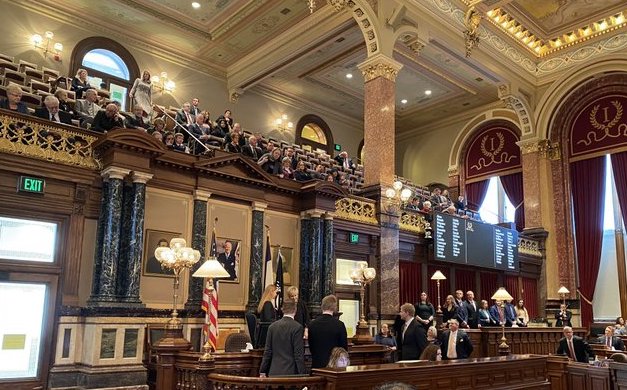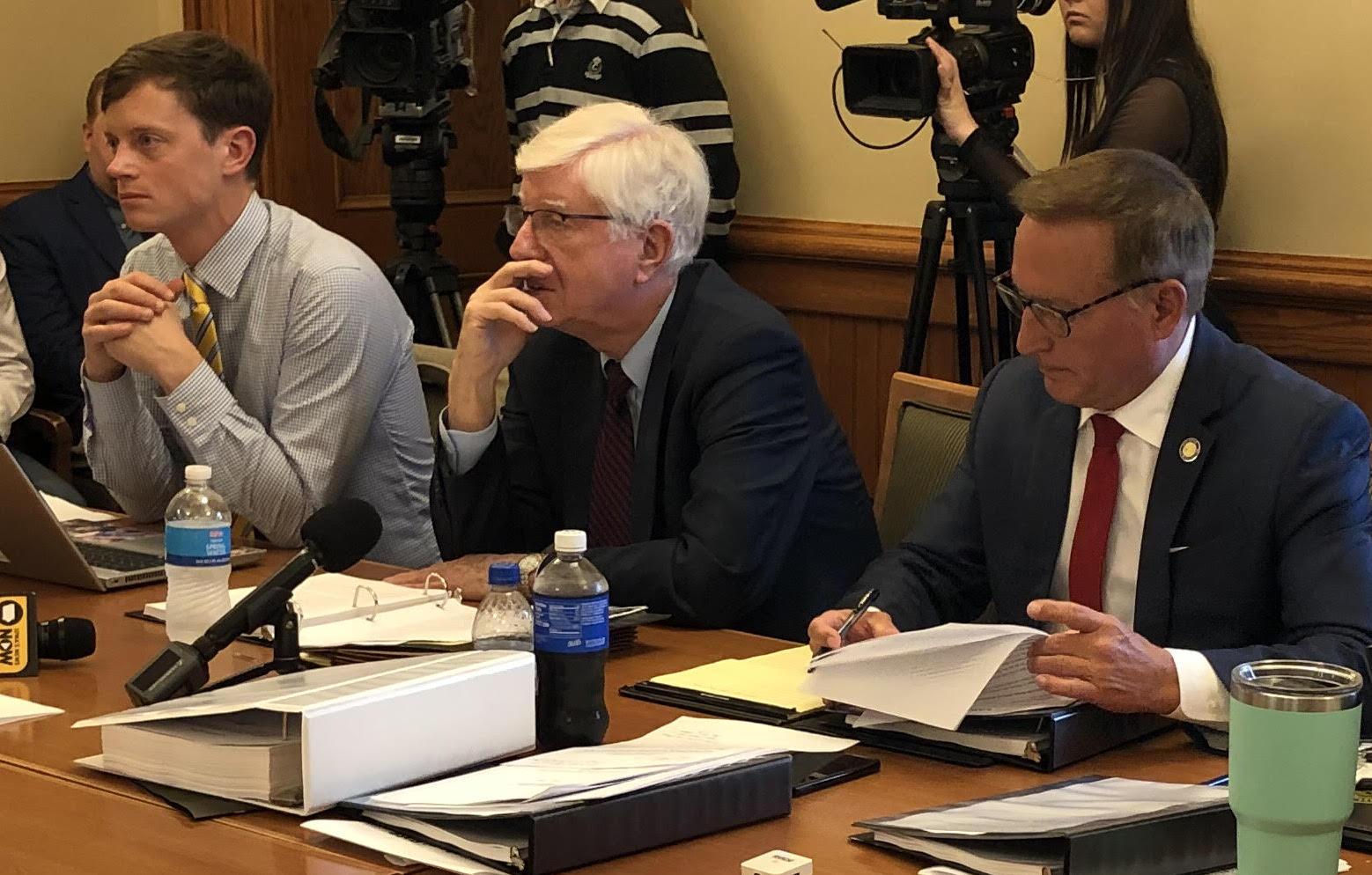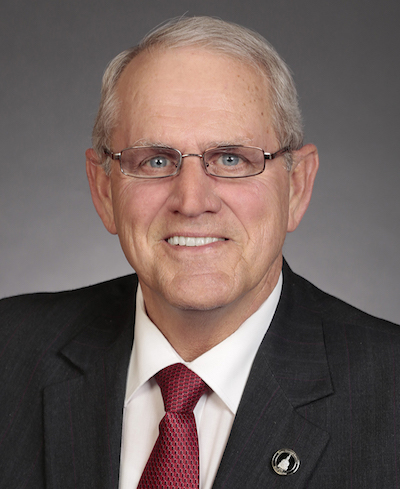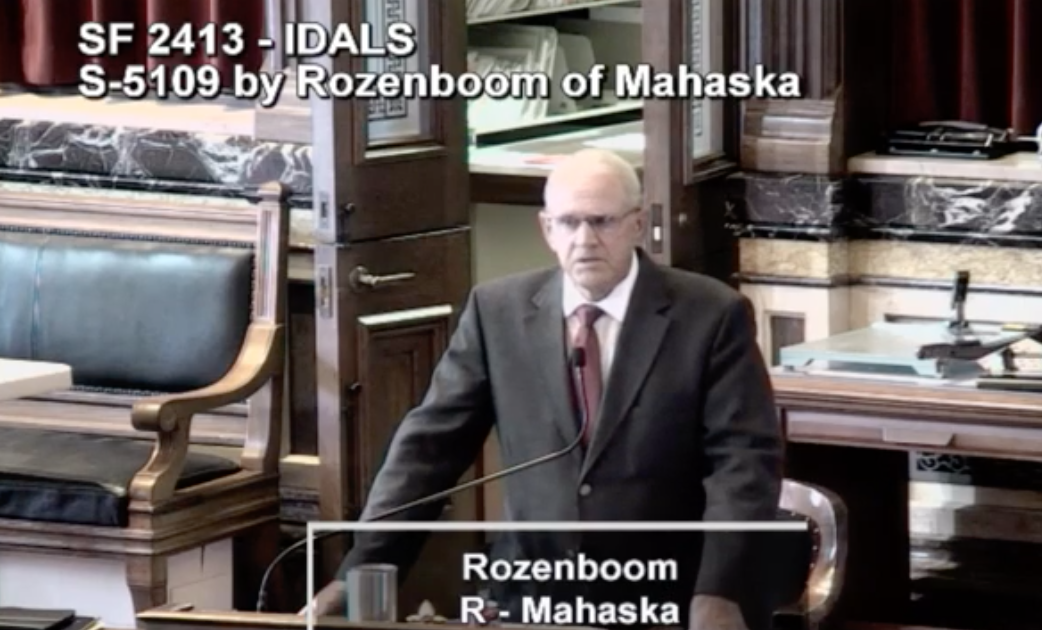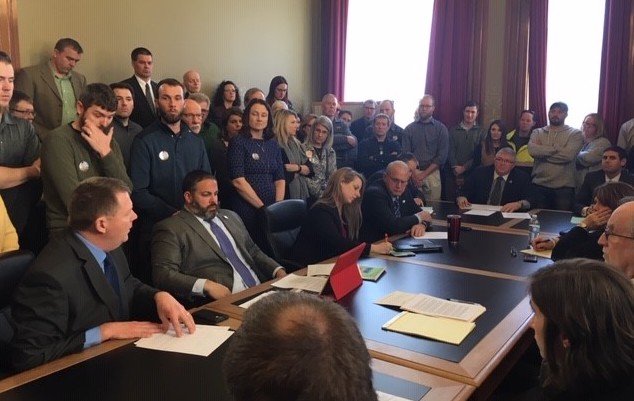Iowa Attorney General Tom Miller has informed 56 Republican state legislators that his office has neither “jurisdiction over transfers of fetal tissue” nor the “authority to investigate or demand information about the transfer of fetal tissue.” In a letter dated today, Miller noted that “Iowa does not have any state laws governing the transfer of fetal tissue,” which means that only offices of U.S. Attorneys are able to enforce federal laws in this area.
Last month, the GOP lawmakers asked Miller’s office “to investigate current and planned abortion operations within Iowa to ensure compliance with the law.” Their letter set out ten detailed questions regarding the disposal, donation, or possible sale of body parts following abortions. Miller directed the legislators to contact U.S. attorneys’ offices in Iowa if they “have reliable information that federal laws relating to fetal tissue are being violated.”
I enclose below the August 24 letter from Iowa House and Senate Republicans, today’s written response from Miller, and a two-page letter Planned Parenthood of the Heartland provided to the Attorney General’s Office regarding the lawmakers’ query. Planned Parenthood’s response noted that the organization “does not now, and has not in the past, participated in” any fetal tissue donation programs but adheres to “rigorous standards of care” and “compliance with all applicable laws and regulations” in every area of its work, including abortion services.
Many Iowa Republicans will be furious, not only because Miller will not act on their unfounded suspicions, but also because the Attorney General’s Office responded to their query in what appears to be a textbook late-afternoon, pre-holiday-weekend news dump.
Also worth noting: Iowa House Speaker-select Linda Upmeyer and incoming House Majority Leader Chris Hagenow did not sign the August 24 letter to Miller, but House Speaker Pro-Tem Matt Windschitl, incoming Majority Whip Joel Fry, and Assistant Majority Leaders Zach Nunn, Jarad Klein, and Walt Rogers did. Iowa Senate Minority Leader Bill Dix did not sign the letter, but Minority Whip Jack Whitver and Assistant Minority Leaders Rick Bertrand, Randy Fenestra, Charles Schneider, and David Johnson did.
Continue Reading...

